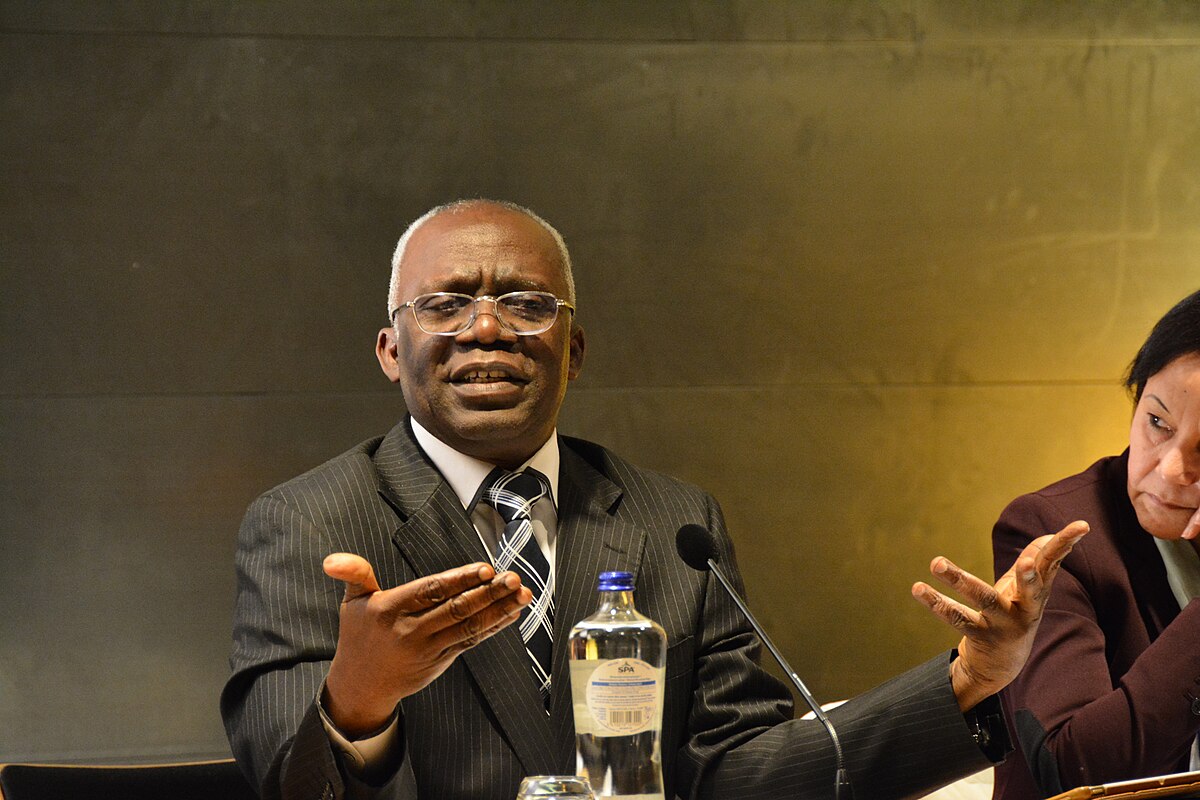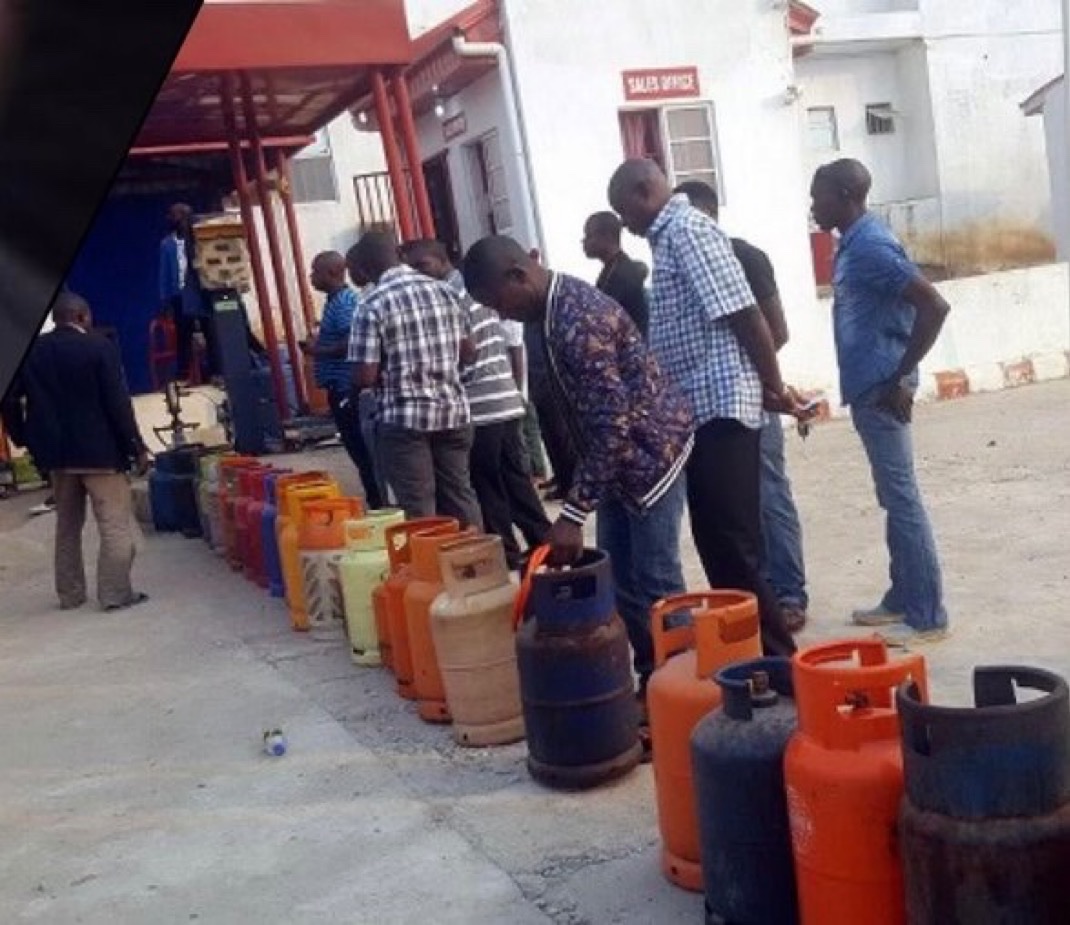Senior Advocate of Nigeria and renowned human rights lawyer, Femi Falana, has strongly criticized the Federal Government for its continued silence regarding the alleged coup plot that has recently stirred nationwide conversation and heightened concerns about Nigeria’s political stability. Falana described the government’s refusal to provide clear details as troubling and unacceptable in a democratic society, stressing that Nigerians have a constitutional right to know the truth.
Background: The Alleged Coup Rumours and Public Anxiety
In the past week, reports of a supposed coup attempt in Nigeria emerged, sparking widespread discussion across political circles, security agencies, and among citizens. While various sources hinted that certain individuals were being monitored or investigated, the Federal Government has neither denied nor confirmed the reports in clear terms.
This silence has fueled speculation, conspiracy theories, and deeper worries about the state of the nation—especially at a time when economic challenges, insecurity, and political tensions already weigh heavily on the public mood.
Falana’s Strong Reaction: “Nigerians Deserve The Full Truth”
Femi Falana openly condemned the government’s non-disclosure, noting that such silence is dangerous in a democratic setting. According to him, when issues as serious as a coup attempt arise, the least the government owes the citizens is full, honest disclosure.
Falana argued that transparency is vital to maintaining public trust and protecting Nigeria’s democratic institutions. He stressed that silence could be interpreted as a lack of preparedness, a cover-up, or an inability to control internal power struggles.
“A government cannot simply remain mute when allegations of a coup plot are circulating nationwide. The citizens must be informed. Nigerians have the right to know what exactly happened, who is involved, what actions have been taken, and what steps will be implemented moving forward.”
— Femi Falana, SAN
Why Transparency Matters in This Moment
Falana emphasized that when a nation faces rumors of military intervention or destabilization, the government’s credibility is on the line. Democracy relies heavily on trust—and without clear information, doubt grows, misinformation spreads, and national unity is weakened.
He noted that:
- Silence encourages fear and panic.
- Silence opens the door for political opportunism and manipulation.
- Silence may signal governmental weakness.
In his view, addressing the situation with clarity will reassure citizens that Nigeria’s democratic structure remains intact and protected.
Public Reaction: Growing Calls For Answers
Many Nigerians share Falana’s concerns, with civil society groups, political commentators, and online users demanding that the government publicly address the allegations.
Some fear that a lack of transparency may indicate deep internal conflicts or unresolved political rivalries. Others believe the rumors may have been exaggerated but maintain that official clarification is essential to calm public concerns.
Security Analysts Weigh In
Experts warn that even rumors of a coup can be destabilizing if not managed properly. The uncertainty can:
- Affect foreign investment confidence
- Trigger heightened security tension
- Increase public distrust in institutions
- Create political anxiety in the region
According to analysts, clear communication from the government would significantly reduce speculation and reaffirm the stability of Nigeria’s democratic order.
Falana’s Call to Action
Femi Falana has now formally urged the Federal Government to:
- Release a detailed public statement explaining the situation.
- Identify any suspects or clarify if no coup plot exists.
- Reassure Nigerians of the government’s commitment to democracy.
He reminded the authorities that openness is not optional—it is a constitutional obligation.



